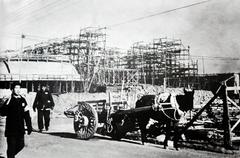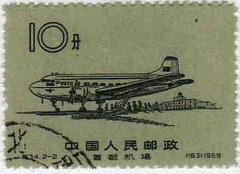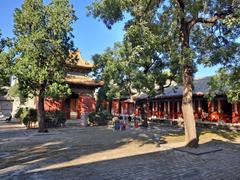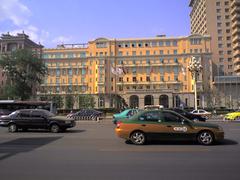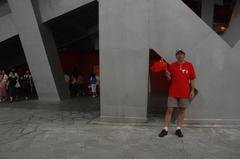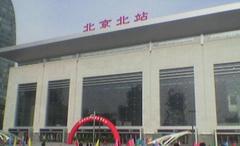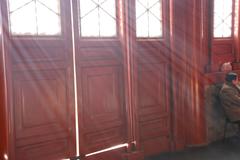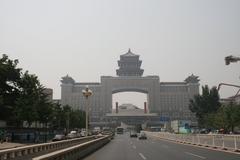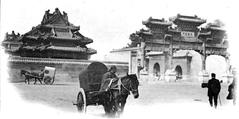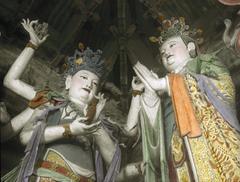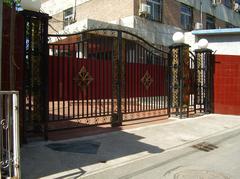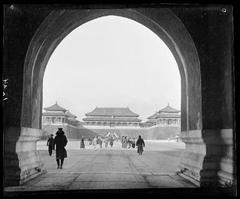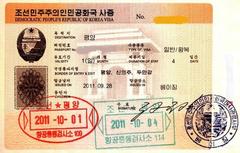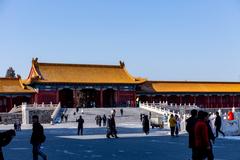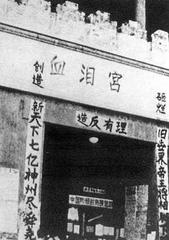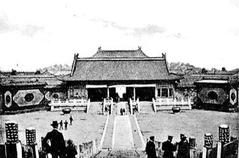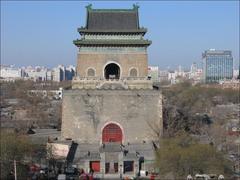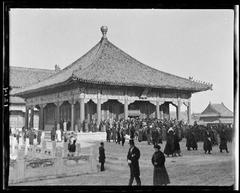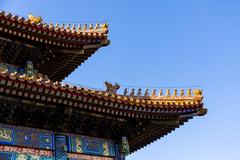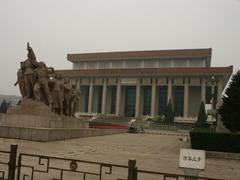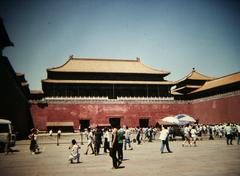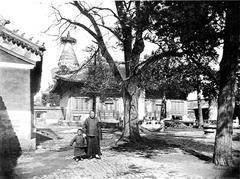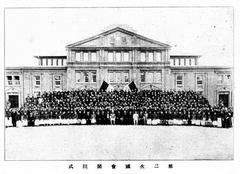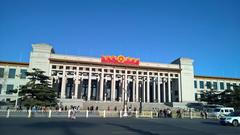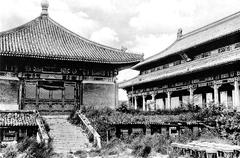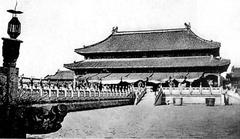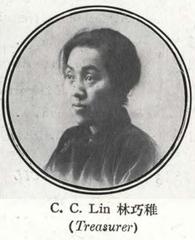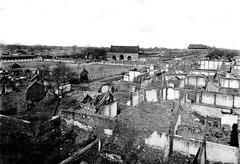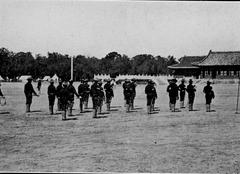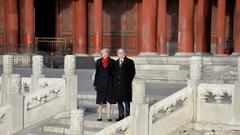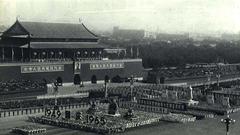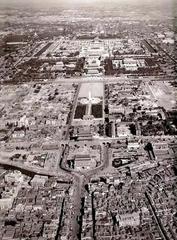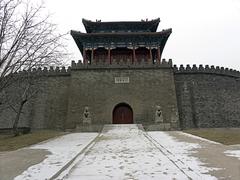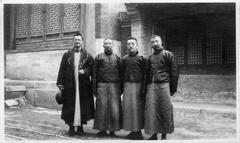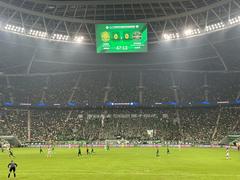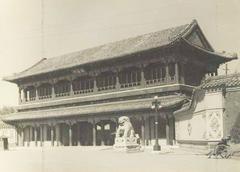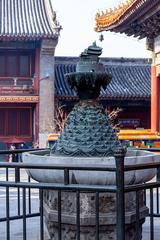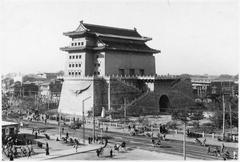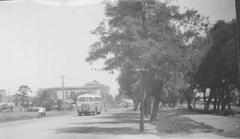
Central Academy of Drama Beijing: Visiting Hours, Tickets, and Guide to Historical Sites
Date: 03/07/2025
Introduction
Nestled in Beijing’s historic Dongcheng District, the Central Academy of Drama (中央戏剧学院, or Zhong Xi) stands as a pillar of China’s theatrical education and cultural heritage. Originating as the Yan’an Lu Xun Art College in 1938 and formally established in Beijing in 1949, the Academy has played a foundational role in shaping Chinese theatre, film, and television. Today, it not only serves as a prestigious educational institution but also as a vibrant cultural landmark welcoming drama enthusiasts, tourists, and scholars from around the world.
At the Central Academy of Drama (CAD), visitors can explore a historic campus blending traditional hutong architecture with modern facilities, attend world-class performances, join interactive exhibitions, and experience the dynamic evolution of Chinese performing arts. The Academy’s headquarters house major organizations such as the China Drama Association and the UNESCO Chair on Theatre Education, further emphasizing its global influence. This guide provides comprehensive information on CAD’s history, visiting hours, ticketing, tours, accessibility, and nearby attractions, ensuring a rewarding and seamless visit (Edarabia, Beijing Hutong Tour, Visit Beijing).
Table of Contents
- Introduction
- Founding Roots: Yan’an Lu Xun Art College and Early Development
- Institutional Evolution: From National Pioneer to Global Leader
- Cultural Significance and Legacy
- Visiting the Central Academy of Drama: Practical Information
- Milestones and Notable Achievements
- Major Events and Festivals at CAD
- International Engagement and Academic Partnerships
- Scholarships and Financial Support for International Students
- Student and Visitor Amenities
- Practical Visitor Tips
- Frequently Asked Questions (FAQ)
- Conclusion and Recommendations
- References
Founding Roots: Yan’an Lu Xun Art College and Early Development
The Academy’s origins date to the Yan’an Lu Xun Art College, founded in 1938 during the Second Sino-Japanese War. Named after the influential writer Lu Xun, the college was established to promote artistic education aligned with national ideals, emphasizing realism and traditional aesthetics (Edarabia).
Relocated to Beijing in 1949, the Central Academy of Drama was officially inaugurated with Chairman Mao Zedong’s personal endorsement. Its inaugural conference in 1950 marked the beginning of its journey as China’s foremost institution for dramatic arts.
Institutional Evolution: From National Pioneer to Global Leader
Early Years and National Influence
As China’s first higher education institution focused on drama, the Academy shaped the nation’s theatre education, combining realism with traditional Chinese art forms. Affiliated with the Ministry of Education, it set curricular standards that influenced generations of artists (Edarabia).
Expansion and Modernization
The Academy expanded its academic offerings to include acting, directing, stage design, stage management, and musical theatre. It established unique state-level teaching teams and experimental zones, such as the national innovative experimental zone for musical acting and the demonstration center for Drama (Film & TV) teaching.
The Academy also serves as headquarters for the China Drama Association and hosts the UNESCO Chair on Theatre Education, reinforcing its role as an international leader in theatre arts (Edarabia).
Reform and Internationalization
Embracing educational reform and global engagement, the Academy fosters partnerships with leading drama institutions worldwide. Its commitment to innovation and internationalization keeps it among the world’s top art schools while maintaining strong Chinese characteristics.
Cultural Significance and Legacy
The Academy’s alumni include some of China’s most influential actors, directors, and theatre professionals. Its philosophy of balancing tradition with innovation has created a unique cultural identity in Chinese theatre and film, with its graduates contributing to the arts both at home and abroad (Edarabia).
Visiting the Central Academy of Drama: Practical Information
Visiting Hours
- General Campus: Open to visitors Monday through Saturday, 9:00 AM – 5:00 PM (closed Sundays and during some holidays).
- Performances & Events: Check the official website or box office for updated schedules, as event times may differ.
Tickets and Entry
- Campus Access: Entry is typically free. Some buildings and rehearsal areas may be restricted.
- Performance Tickets: Prices range from ¥50 to ¥200, depending on the production. Purchase tickets via the official box office or online platforms.
- Exhibitions: Many exhibitions are free, though some special events may require tickets.
Guided Tours and Special Events
- Tours: Guided tours are available by appointment, particularly during open days and festivals. These provide insights into the Academy’s history, architecture, and theatrical heritage.
- Events: The Academy hosts workshops, festivals, and public performances throughout the year.
How to Get There
- Address: 39 East Mianhua Lane, Dongcheng District, Beijing (Visit Beijing)
- Subway: Line 5, Nanluoguxiang Station, Exit E, then a 10-minute walk.
- Bus: Multiple routes serve the Dongcheng area.
- Taxi/Ride-hailing: Widely available and convenient.
Nearby Attractions
- Hutongs: Explore the ancient alleyways and vibrant local life.
- Drum Tower & Bell Tower
- Nanluoguxiang: A lively lane with shops, cafes, and street food.
- Forbidden City & Tiananmen Square: Both within easy reach.
Accessibility
- Wheelchair Access: Most key buildings and performance venues are accessible. Contact the Academy in advance for assistance.
- Restrooms: Accessible facilities are available in main buildings.
Photography and Cultural Experience
- Photography: Permitted in outdoor and public spaces; restricted during performances.
- Cultural Immersion: Visitors are encouraged to attend student performances or workshops for a deeper appreciation of Chinese theatre culture.
Milestones and Notable Achievements
- 1938: Yan’an Lu Xun Art College founded.
- 1949: Official establishment of the Central Academy of Drama in Beijing.
- 1950: Inaugural conference; Chairman Mao Zedong inscribes the Academy’s name.
- State-Level Recognition: Honors for teaching teams and experimental zones.
- UNESCO Chair: Headquarters for major national and international theatre organizations.
- Influential Alumni: Graduates who have become major figures in Chinese arts (Edarabia).
Major Events and Festivals at CAD
International Theatre Festivals
The Academy hosts the Global Alliance of Theatre Schools (GATS) International Theatre Festival, featuring performances, workshops, and exchanges with top drama schools worldwide.
UNESCO Chair on Theatre Education
As the seat of the UNESCO Chair, CAD organizes symposia, artist residencies, and research projects to advance theatre education and international collaboration.
Collaborative Productions
CAD frequently partners with international organizations. A recent example is the 2025 co-production of “Twenty Thousand Leagues Under the Sea” with the Hong Kong Arts Festival, blending puppetry and visual arts with cross-cultural influences.
Participation in International Cultural Festivals
The Academy is an active participant in global events such as Festival Croisements and other international theatre and arts festivals.
International Engagement and Academic Partnerships
CAD maintains academic partnerships with institutions in Asia, Europe, and North America, facilitating student and faculty exchanges, joint research, and collaborative productions. These initiatives provide students with valuable international experience and professional growth opportunities.
Scholarships and Financial Support for International Students
- Beijing Government Scholarship: Full tuition for outstanding undergraduate, master’s, and PhD students.
- Chinese Government Scholarship (CSC): Comprehensive support for graduate studies, including stipend and insurance.
- Other Awards: Additional private scholarships may be available.
Applicants must submit complete portfolios, academic records, language proficiency documentation, and recommendations in Chinese or English.
Student and Visitor Amenities
Dining Options
On-campus cafeterias serve Chinese and international cuisine. The surrounding area features traditional Beijing eateries, cafes, and street food options.
Exhibitions and Performances
Public art exhibitions and performances are held regularly, with many open to visitor attendance.
Visitor Services
Guided tours, information desks, and souvenir shops are available on campus. Photography is generally allowed in public spaces but restricted during performances.
Practical Visitor Tips
- Best Times to Visit: Spring and autumn (March–June, September–November) for pleasant weather and an active campus atmosphere.
- Language: Some staff and students speak English; translation apps are helpful for non-Mandarin speakers.
- Souvenirs: Visit the campus bookstore for drama-related books and Academy-branded items.
- Transportation: The Academy is well-served by subway, bus, and taxi services (rachelmeetschina.com).
Frequently Asked Questions (FAQ)
Q: What are the campus visiting hours?
A: Monday to Saturday, 9:00 AM – 5:00 PM. Check for holiday or event schedule changes.
Q: Is there an entrance fee?
A: Campus entry is free; performances and special exhibitions may require tickets.
Q: How can I buy performance tickets?
A: At the campus box office or via authorized online platforms.
Q: Is the campus accessible for visitors with disabilities?
A: Yes, most key facilities are accessible. Contact the Academy for specific needs.
Q: Are guided tours available?
A: Yes, by advance booking, especially during open days and festivals.
Q: Can I take photos on campus?
A: Permitted in public areas but restricted during performances.
Conclusion and Recommendations
The Central Academy of Drama is a cornerstone of Chinese performing arts, offering an immersive experience for visitors interested in theatre, history, and culture. Its accessible location, rich programming, and dynamic campus life make it an essential destination for anyone exploring Beijing’s artistic heritage.
For current event schedules, ticketing information, and the latest updates, visit the official Academy website, Beijing tourism portal, and Beijing Hutong Tour. For personalized travel guides and exclusive content, download the Audiala app and follow the Academy’s social media channels.
References
- Edarabia – Central Academy of Drama: History, Visiting Hours, Tickets & Beijing Cultural Experience
- Beijing Hutong Tour – Visiting the Central Academy of Drama
- Visit Beijing – Central Academy of Drama Visiting Hours, Tickets, and Visitor Guide
- Rachel Meets China – Beijing Travel and Lifestyle Guide
- Official Academy Website
- Academy Admissions Page
Image suggestions:
- Photo of the Central Academy of Drama main entrance (“Central Academy of Drama main entrance in Beijing”)
- Interior shot of rehearsal studio with students (“Rehearsal studio at Central Academy of Drama with students”)
- Exterior of main auditorium (“Main auditorium at Central Academy of Drama”)
- Map of location within Dongcheng District
Consider embedding a virtual tour link if available.

